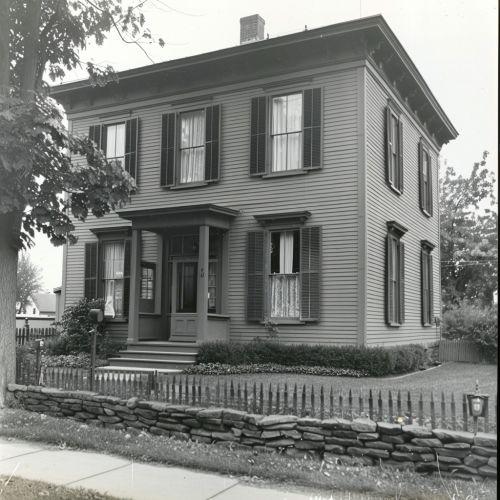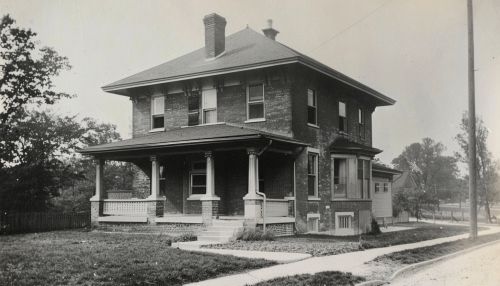William McKinley
Early Life
William McKinley was born on January 29, 1843, in Niles, Ohio. He was the seventh of nine children and the fourth son of William McKinley Sr. and Nancy Allison McKinley. His father was a manager of a charcoal furnace and a small-scale iron founder. His mother was a devout Methodist who instilled in her children a deep sense of religion and morality.


Education
McKinley attended a one-room schoolhouse until the age of nine when his family moved to Poland, Ohio, where he attended Poland Seminary. In 1860, he enrolled at Allegheny College in Meadville, Pennsylvania, but he left after only one year due to illness and financial difficulties.
Civil War Service
When the American Civil War broke out in 1861, McKinley enlisted in the Union Army. He served under Colonel Rutherford B. Hayes and quickly rose through the ranks due to his bravery and leadership skills. He participated in several major battles, including Antietam and Shenandoah Valley.
Political Career
After the war, McKinley studied law and opened a practice in Canton, Ohio. He entered politics as a Republican, serving in the U.S. House of Representatives and as governor of Ohio before winning the presidency in 1896.
As president, McKinley led the country during a time of significant economic growth and expansion. He was a strong supporter of protective tariffs, which he believed would protect American jobs and businesses. His presidency also saw the Spanish-American War, the annexation of Hawaii, and the start of the Philippine-American War.
McKinley was reelected in 1900 but was assassinated in 1901, just six months into his second term. His vice president, Theodore Roosevelt, succeeded him.
Legacy
Despite his untimely death, McKinley's presidency had a lasting impact on the United States. His policies helped to usher in an era of prosperity known as the "Gilded Age". He also played a key role in transforming the U.S. into a global power.
